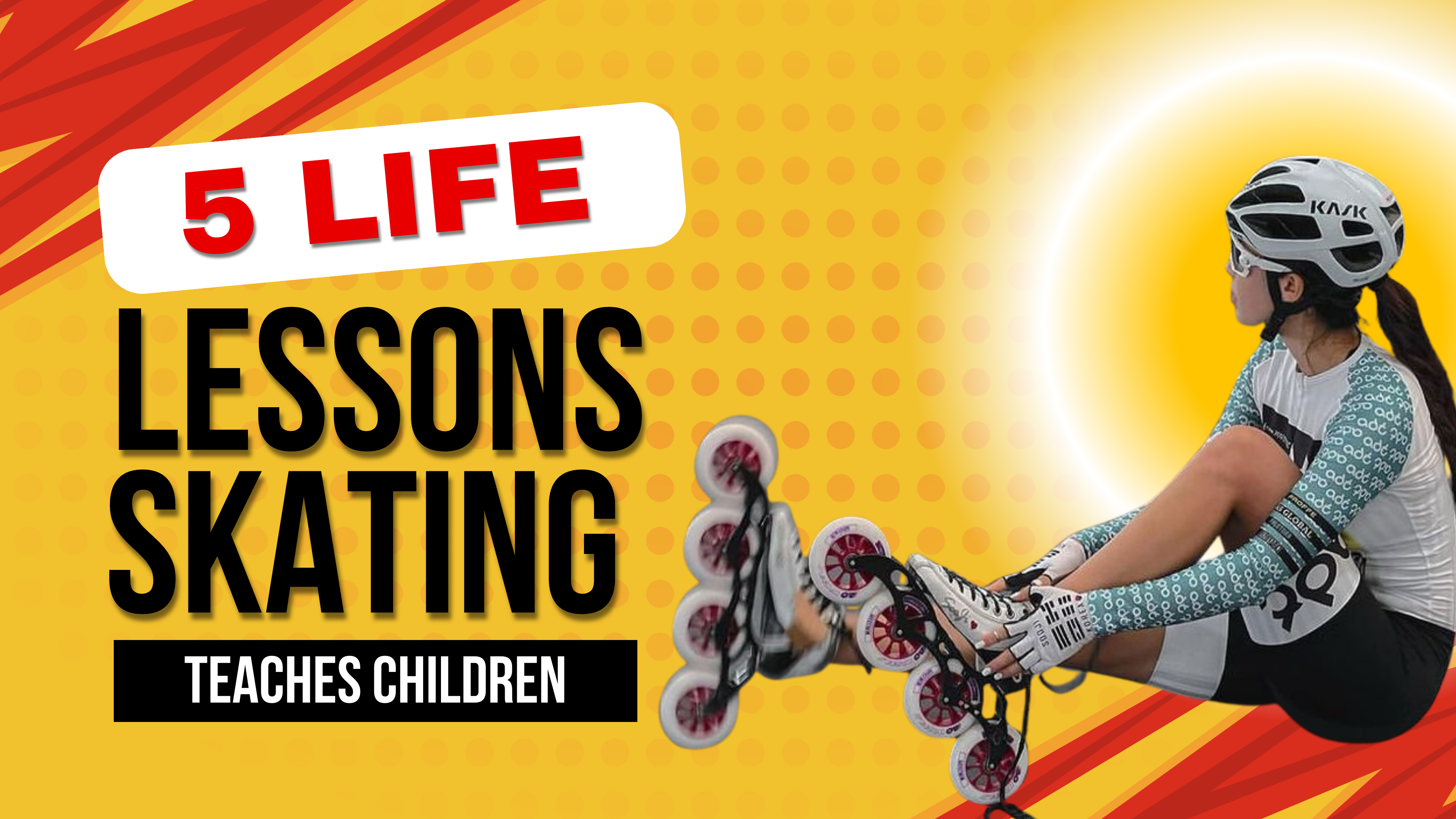Introduction
Sports are more than just physical activity—they shape character, discipline, and resilience. Among the many sports available for children, skating stands out as one of the best for building both physical fitness and life skills. Beyond balance and speed, skating instills discipline, patience, and confidence that go a long way in a child’s growth. Let’s explore the top 5 life lessons skating teaches kids and why it’s one of the most rewarding sports for young learners.
1. Discipline and Consistency
One of the biggest benefits of skating is how it builds discipline in kids. Skating requires regular practice, structured routines, and dedication to master even the simplest moves. Children quickly learn that progress comes only with consistency—missing practice slows growth, while daily effort leads to mastery. This discipline translates to their academics and everyday life.
2. Balance Between Risk and Safety
Skating introduces children to the thrill of speed while teaching them the importance of caution. Wearing helmets, knee pads, and following coach instructions make kids understand how to take risks responsibly. This lesson stays with them—knowing when to push harder and when to stay safe is a skill that applies both in sports and in life.
3. Patience and Perseverance
Falling is an inevitable part of skating. Every skater falls dozens of times before mastering balance, turns, or advanced techniques. Children learn to stand up after every fall, developing patience and perseverance. They begin to understand that mistakes are not failures, but stepping stones toward improvement.
4. Confidence Through Progress
Each new skill—whether it’s the first glide, a sharp turn, or completing a lap without falling—boosts a child’s confidence. This sense of achievement helps children believe in their abilities, not just in sports but in academics, hobbies, and social interactions. The confidence from skating discipline in kids becomes a foundation for lifelong self-belief.
5. Teamwork and Sportsmanship
Though skating is often seen as an individual sport, many sessions include group practice, relay races, and competitions. Kids learn to encourage their peers, celebrate victories together, and gracefully accept losses. These lessons in teamwork and sportsmanship shape children into empathetic, cooperative individuals.
Conclusion
Skating is more than just fun on wheels—it’s a life school in disguise. From discipline and patience to teamwork and confidence, the benefits of skating for kids extend far beyond the rink. If you’re looking for a sport that shapes both character and fitness, skating is the perfect choice for your child.

